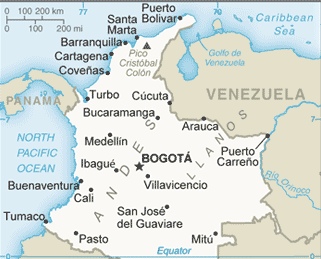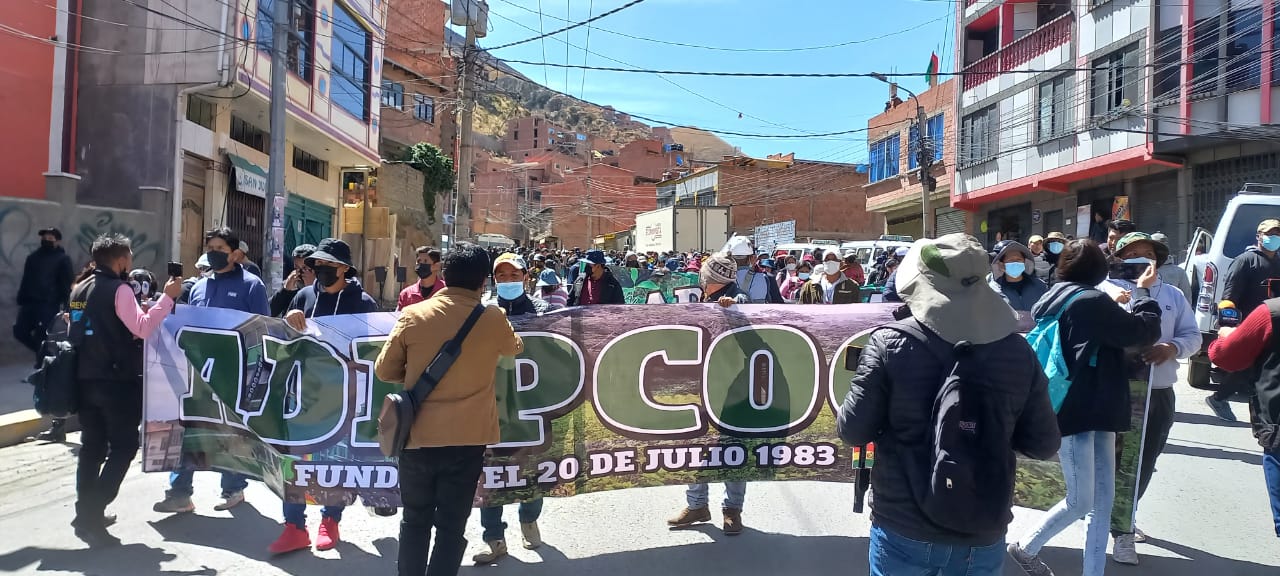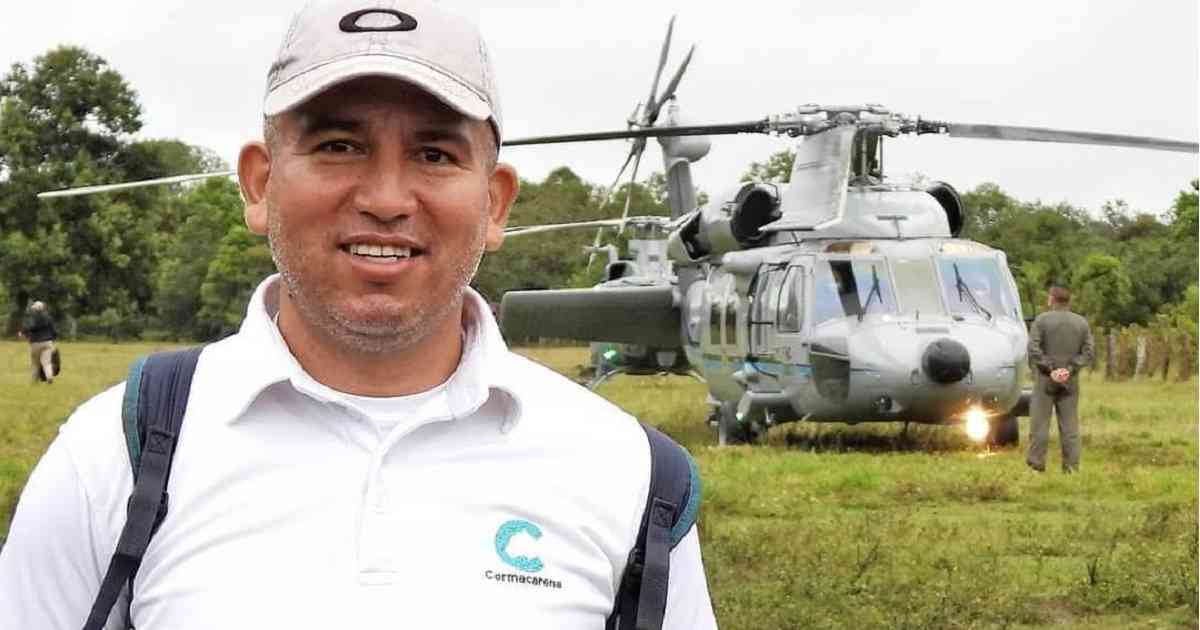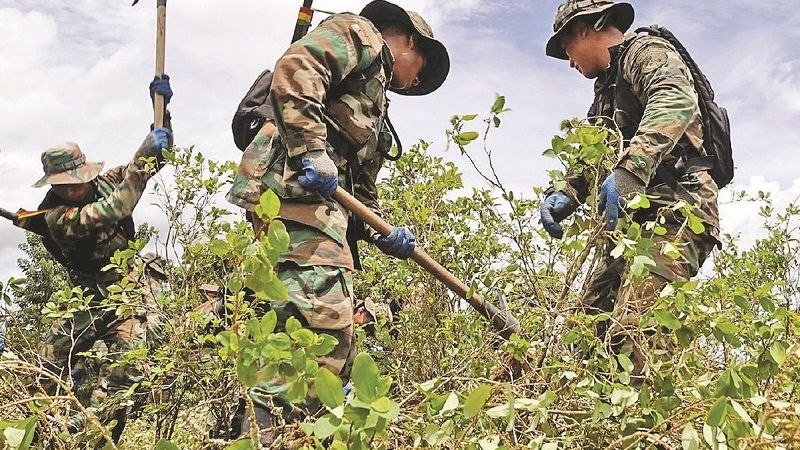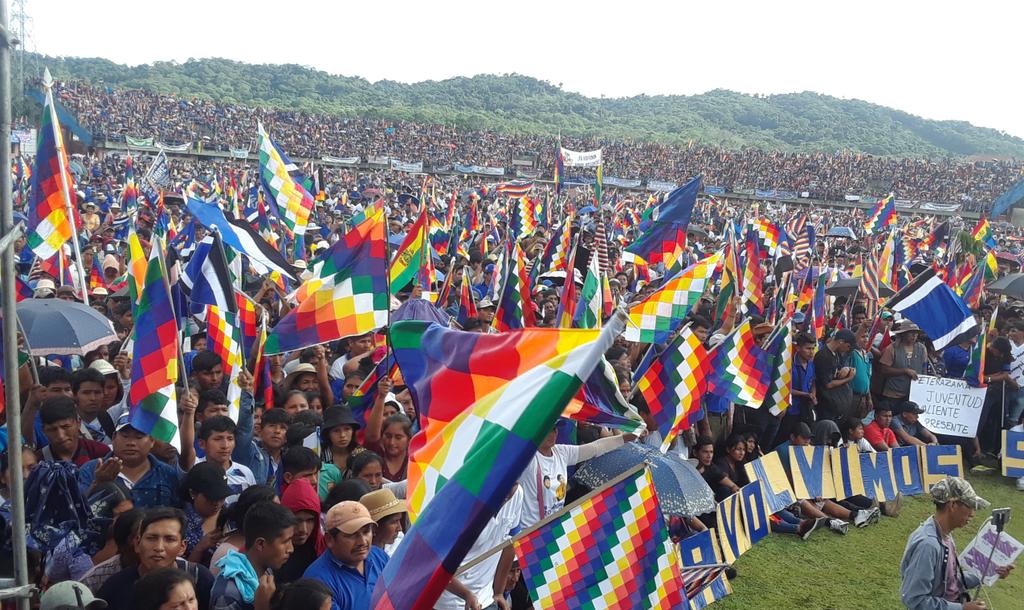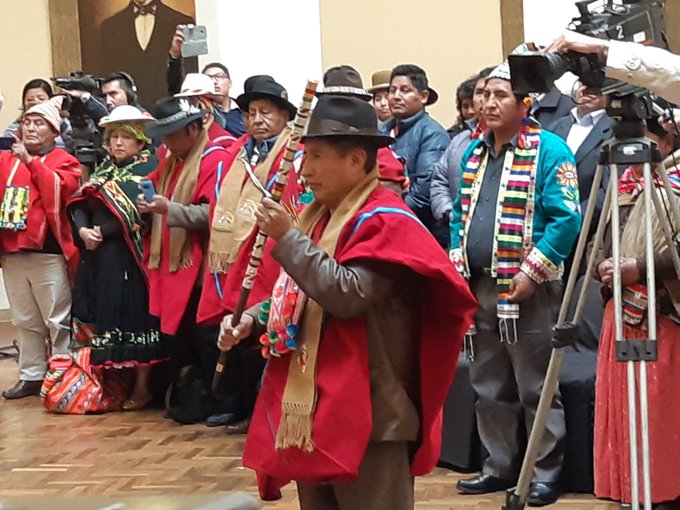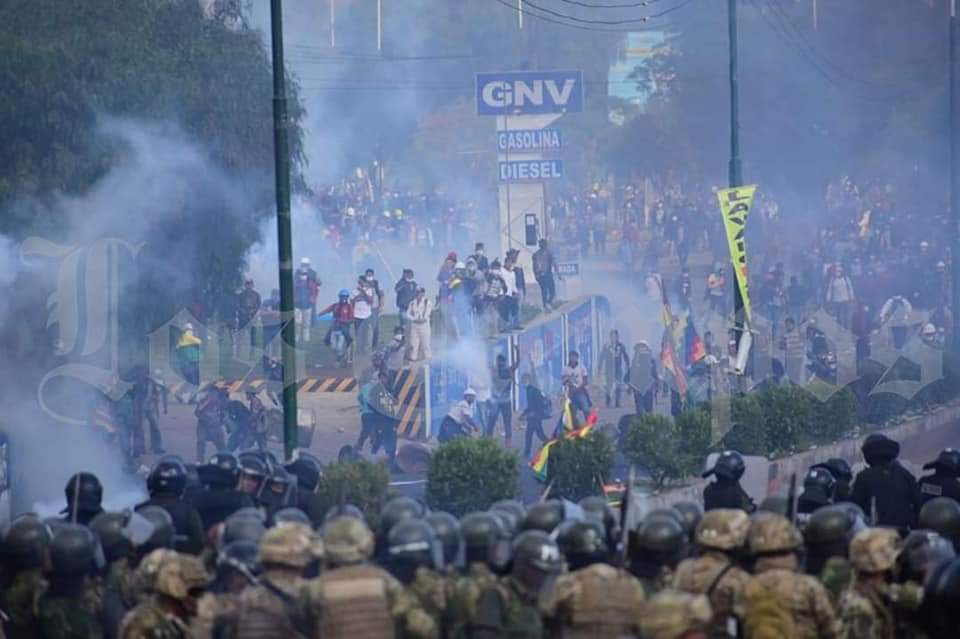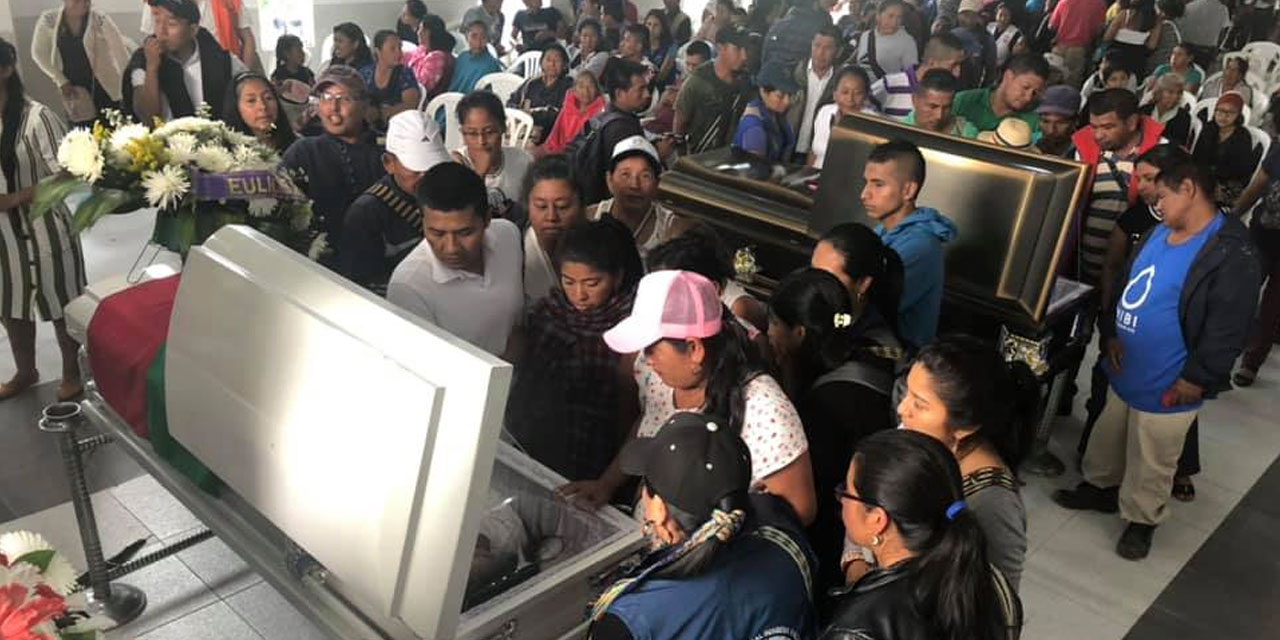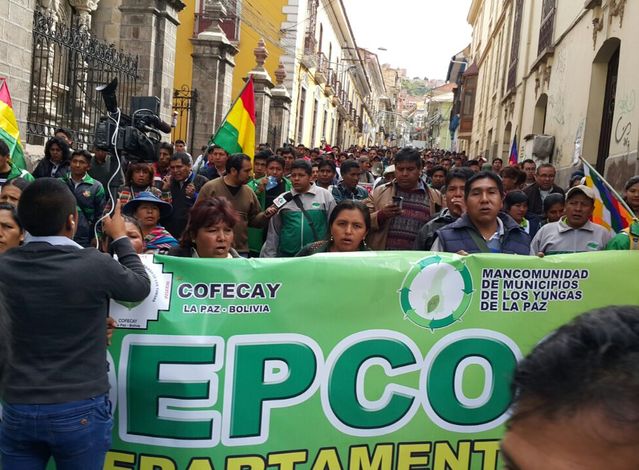
US imposes sanctions on Colombian president
The US administration announced sanctions against Colombian President Gustavo Petro, his family, and Colombia’s Minister of the Interior Armando Benedetti. The US will also reduce financial assistance to Colombia by about $18 million. The Department of State said the move was “due to President Gustavo Petro’s disastrous and ineffective counternarcotics policies.” The Colombian government has recalled its ambassador to the United States in protest. Simultaneously, the Pentagon announced that it is moving the aircraft carrier USS Gerald R. Ford and its group to the Caribbean Sea, where the US military already hasapproximately 10,000 personnel pre-positioned. (Photo via MROnline)



